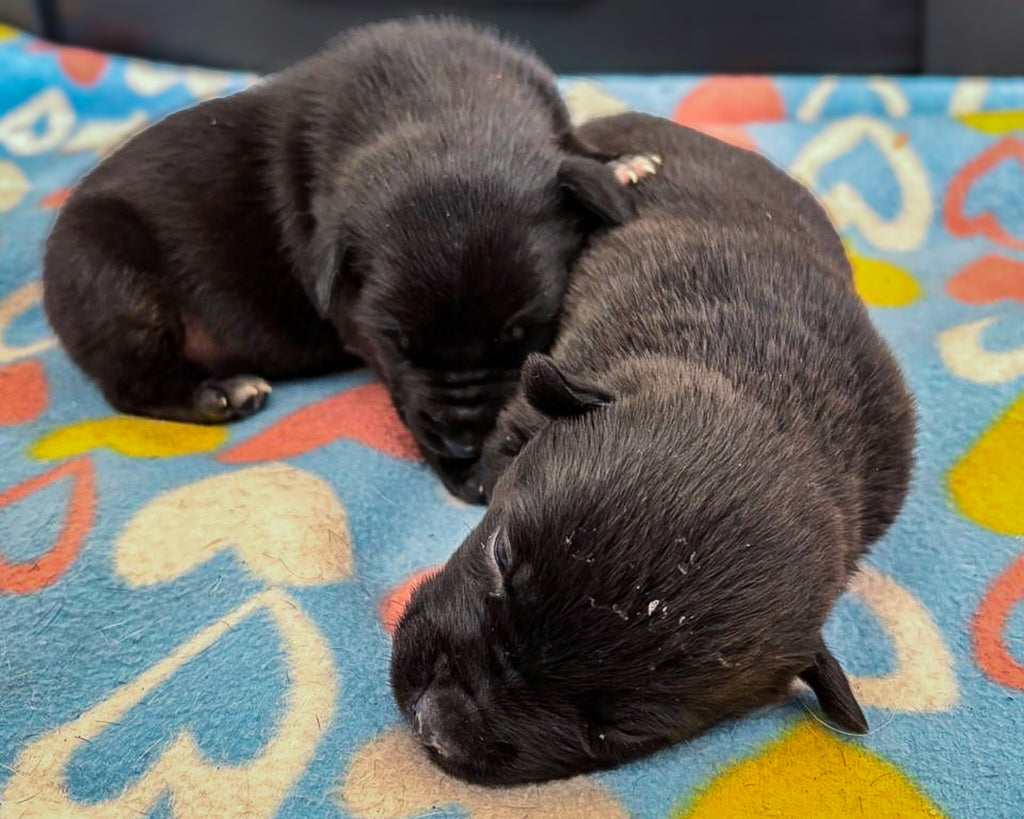Dogs have a knack for slobbery kisses. Some people adore those wet displays of love. Others tolerate them or turn away. But why do dogs do it in the first place? Experts point to history, taste, social cues, and the strong bond that forms between dogs and humans.
It is not always simple affection. Some dogs lick to gather clues about you or to calm themselves in tense situations.

Photo: Pexels
Dogs lick to greet those they trust.
It May Go Back to Their Ancestors
Dogs come from wolves. Wolves lick the faces of returning pack members to prompt them to share a fresh meal. As Dr. Alexandra Horowitz explained to CBS News it “is absolutely a greeting” but also a subtle request for food.
Domesticated dogs still use their tongues to sniff out new aromas on your skin or clothes. A curious lick gives them a better sense of what you handled that day.
They Often Seek a Salty Treat
Humans secrete sweat and skin oils, and dogs can find that mixture appealing. They notice flavor on your hands after you cook or on your arms after a run. A quick mouth swipe can provide instant gratification.
According to PetMD, a dog’s sense of taste is closely tied to smell. Licking your feet, face, or legs can reveal new details about you. It is normal, but it can feel excessive if your dog loves salty residue too much.

Photo: Pexels
Licking can soothe a dog’s stress.
They Express Affection or Submission
Many people label a dog’s licking as kisses. Dr. Mary Burch told AKC that “licking can be a sign of affection” and may also indicate submission.
This behavior starts in puppyhood. Mom dogs groom pups with their tongues. Younger dogs lick older dogs to appear harmless. With people, licking can blend respect and love. It might also get your immediate attention, which many dogs crave.
They Crave Attention
A brief lick can escalate if it pays off. A squeal, a pat on the head, or an excited response can reinforce that action. It then becomes a habit.
The Kennel Club reports that dogs also lick to say hello or to seek comfort if they feel uneasy. It is one reason certain dogs attach themselves to a particular person. They know who feeds them, rubs their ears, and shares cuddles.

Photo: Pexels
Puppies learn licking from mothers early on.
They Sometimes Soothe Themselves
A quick tongue flick can calm a stressed dog. It releases endorphins that help them relax, PetMD reports. Some dogs, however, overuse licking as a coping tool when nervous or anxious. This may lead them to lick walls, floors, or themselves.
Seek professional help if your dog appears fixated on repetitive licks. A certified behavior consultant or veterinarian can rule out allergies or mental strain.
They Might Have an Underlying Problem
Chronic or frantic licking sometimes points to pain or allergies. A dog might target a wounded paw or hotspot. They might also insist on licking you in ways that feel frantic or tense. If that happens, a vet visit helps. An expert can spot ear infections, joint issues, or neurological triggers.
The Spruce reminds owners that excessive licking can mean deeper concerns. A quick checkup may catch a hidden infection or stress-related behavior.

Photo: Pexels
Chronic licking may indicate anxiety.
Steps to Manage Excessive Licking
A gentle interruption can redirect an enthusiastic licker. Step away or stand up if you want the behavior to stop. Reward calm behavior with a treat or a toy. You can also offer a chew-safe treat that occupies the mouth. Dr. Horowitz suggested that dogs explore our world “by licking,” CBS News reported, so give them opportunities to sniff new scents outdoors. This reduces their urge to explore every inch of your skin.
Experts recommend avoiding punishment. That often confuses a dog and leads to more stress. Instead, ignore unwanted mouth contact. Give lavish praise for gentler greetings, like sitting near you or lying down. Provide extra exercise. A bored dog may resort to licks to pass the time or connect with you.
Not every lick is a sloppy sign of love. Dogs use tongues to gather information, de-stress, ask for dinner, or show loyalty. They often aim to please. When licking stays normal, it is an affectionate quirk of canine companionship. When it goes overboard, a vet or behavior specialist can help. That way, the sweet “kisses” remain a pleasant part of the bond you share with your dog.

























